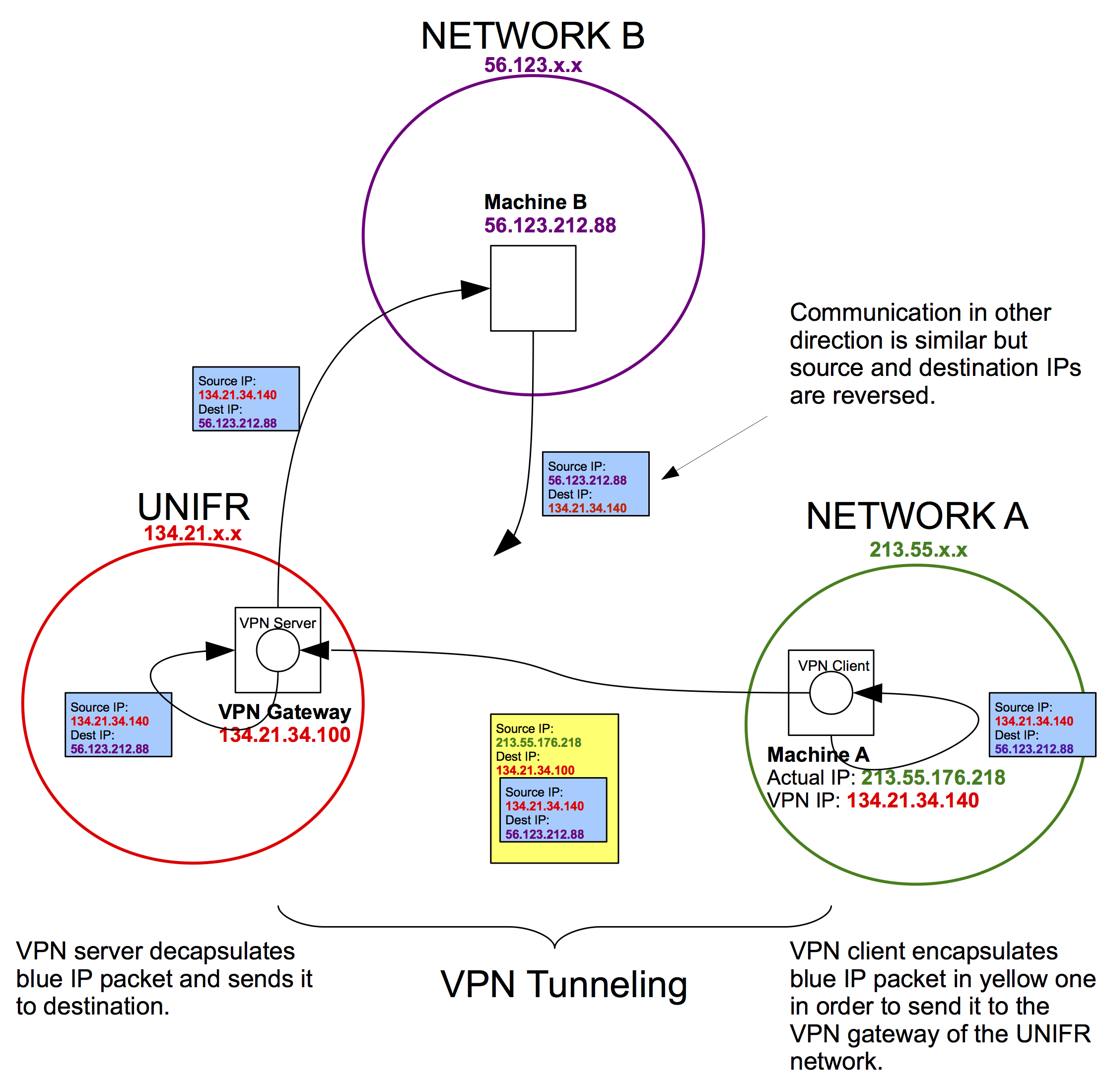Understanding The Benefits Of VPN For MikroTik Routers
Hey there!

Are you concerned about the security of your online activities? Are you aware of the difference between VPN and HTTPS, and which one of them is the better option for securing your online activities?
Well, look no further because I'm here to explain the difference between these two security measures and how each of them works to secure your online activities.
What is VPN?
A Virtual Private Network, commonly known as VPN is a security tool that helps secure your online activities by routing your internet connection through a remote server located in a different location. By routing your internet connection through a remote server, it encrypts your internet traffic, making it difficult for hackers and other malicious entities to monitor your online activities or steal your data.
VPNs come in handy when you want to access blocked websites, stream geo-restricted content, or simply want to protect your online privacy. VPNs work to secure your online activities by providing you with a secure internet connection, which is not only encrypted but also anonymized since your IP address is replaced with the IP address of the VPN server.
What is HTTPS?
HTTP, which stands for HyperText Transfer Protocol is the protocol used by your browser to communicate with web servers when you're browsing the internet. HTTPS, on the other hand, is a secure version of HTTP, which means that it has encryption capabilities that are designed to secure online activities that take place through the protocol.
HTTPS works by encrypting the communication between your browser and the web server, which means that anyone who wants to intercept the communication would need the decryption key. The encryption used in HTTPS is called SSL, which stands for Secure Socket Layer, and its primary purpose is to protect the sensitive data that is transmitted between your browser and the web server.
How do VPN and HTTPS differ?
Now that you know what VPN and HTTPS are, let's examine how they differ.
Encryption
Both VPN and HTTPS use encryption to secure online activities, but the level of encryption used is different. VPNs use military-grade encryption, which is much stronger than the encryption used in HTTPS. The reason why VPNs use stronger encryption is that they need to secure the entire internet connection rather than just the communication between the browser and the web server.
Anonymity
VPNs provide users with anonymity by replacing their IP address with the IP address of the VPN server. This means that online entities won't be able to trace your real IP address, making it difficult for them to identify your online activities.
HTTPS, on the other hand, does not provide anonymity. Even though the encryption used in HTTPS is designed to protect the communication between your browser and the web server, your IP address is still visible to the websites you visit, and your online activities are still logged by your ISP and other online entities.
Compatibility
VPNs are compatible with almost all online activities, including browsing, downloading, and online gaming. However, not all websites support HTTPS, which means that some online activities that require secure connections may not be possible without a VPN.
Performance
VPNs can sometimes slow down your internet connection due to the extra layer of encryption and the rerouting of your internet traffic. HTTPS, on the other hand, is designed to be faster because it only encrypts the communication between your browser and the web server.
Conclusion
In conclusion, both VPN and HTTPS are necessary security measures that can help secure your online activities. However, VPNs are more complete and offer better privacy and anonymity than HTTPS. If you're concerned about your online privacy and security, we recommend that you use a VPN to secure your internet connection.
I hope this article has been helpful in enlightening you about the difference between VPN and HTTPS and how they work to secure your online activities.
Stay safe online!




Post a Comment for "Understanding The Benefits Of VPN For MikroTik Routers"